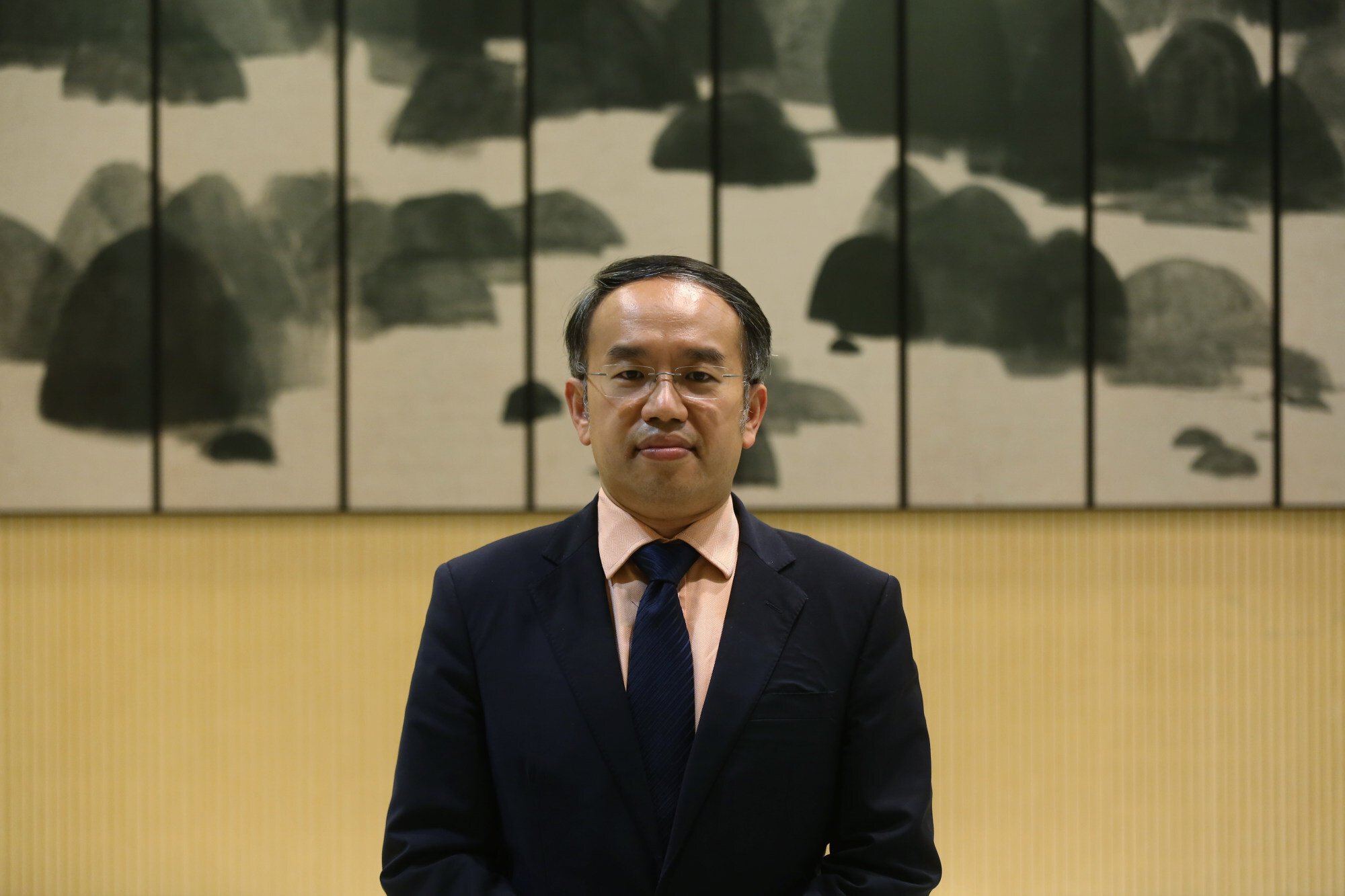
Hong Kong to widen access to corporate executives’ data to professionals to enhance compliance work, deter money laundering
- The government plans to allow more professionals to gain access to the full personal data of corporate directors
- Practising accountants, lawyers and bankers will be added to a list of “specified persons” who can gain access
Hong Kong’s government plans to allow a longer list of professionals to gain access to the personal data of corporate directors and executives, in a refinement of a plan to crack down on money laundering and financial misdemeanour.
The Financial Services and the Treasury Bureau (FSTB) would add practising accountants, lawyers, bankers to a list of “specified persons” who can get access to the personal data of corporate directors and executives, said the FSTB Secretary Christopher Hui Ching-yu.
The group of “specified persons,” including securities firms, insurers, real property agents, and license holders of stored-value facilities, can apply to Hong Kong’s Registrar of Companies to gain full access to the home addresses and Hong Kong identity card (HKID) numbers of corporate directors and executives listed in the Companies Registry.
The inclusion of “these organisations to the list of ‘specified persons’ would help ensure the robustness of governance of Hong Kong’s financial and commercial sectors,” Hui said in a blog post on the FSTB’s website, adding that the extension will be executed in three phases starting in May. “This would also maintain the high efficiency of [the city’s] anti-money-laundering regime.”


This has sparked concerns, particularly among the financial industry, over the risk and quality of their due diligence work. Advocates of the wider access say their compliance inquiries will be compromised if they were barred from accessing the data of corporate directors.
In making such refinement, the government recognises the challenges faced by the financial industry and related professionals in obtaining authorisation from the relevant company directors for such personal data, Hui said.
This is especially the case when financial institutions are performing their due diligence and compliance-related work on commercial transactions, such as those related with preventing money laundering and terrorist financing, Hui wrote.
Hui added that the relevant information obtained on the directors, if abused or misused, will still be censured by the relevant regulators or professional bodies.
The proposal to restrict public access to directors’ personal data was prompted by an increasing number of doxxing cases and personal data abuse, and rising privacy concerns. Doxxing, the malicious publicising of personal information, was a problem during Hong Kong’s anti-government protests in 2019, with police officers and their families being the prime targets.
“The spirit [of the government’s proposal] is that we need to strike a balance, in that privacy needs to be protected,” Hui said in a radio programme on RTHK today. “Lawyers, accountants and banks are included, [as] they are involved in positions that involve the performance of know-your-customers, compliance, and other anti-money laundering-related [checks on companies].”

